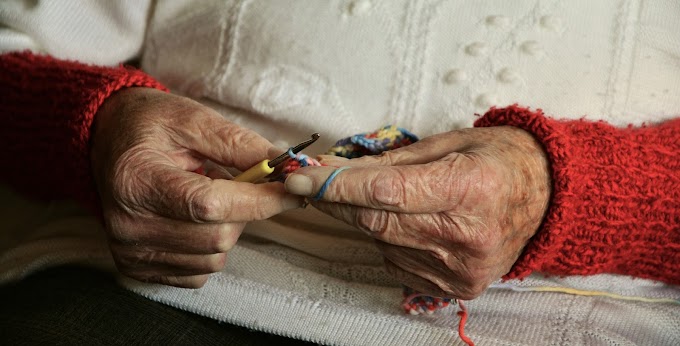The C-reactive protein (CRP) test is a blood test used to measure the levels of C-reactive protein in the bloodstream. CRP is a protein produced by the liver in response to inflammation in the body.
The test is primarily used to assess the presence and severity of inflammation and to monitor response to treatment in various conditions.
Here are some key points about the CRP test:
Inflammatory Conditions:
The CRP test helps identify and monitor inflammatory conditions. Elevated CRP levels indicate the presence of inflammation in the body, although the test does not reveal the specific cause or location of the inflammation. It is often used in combination with other tests and clinical evaluations to aid in the diagnosis and management of various inflammatory diseases, such as infections, autoimmune disorders (e.g., rheumatoid arthritis, lupus), inflammatory bowel disease, or certain cancers.
Cardiovascular Risk Assessment:
High levels of CRP have been associated with an increased risk of cardiovascular diseases, including coronary artery disease and heart attack. The CRP test can be used as a marker of systemic inflammation and as an additional tool to assess an individual's cardiovascular risk, particularly in combination with other risk factors such as cholesterol levels, blood pressure, and smoking history.
Monitoring Response to Treatment:
The CRP test is useful for monitoring response to treatment in inflammatory conditions. Decreasing CRP levels over time may indicate that inflammation is subsiding in response to medication or other interventions. It can help healthcare providers evaluate the effectiveness of treatment and make adjustments as necessary.
Acute Infection Detection:
CRP levels rise rapidly in response to acute infections, such as bacterial or viral infections. The CRP test can assist in the diagnosis and differentiation of infectious and non-infectious causes of inflammation. In combination with other clinical information, it can help healthcare providers determine the need for further testing or guide antibiotic therapy.
The CRP test involves a simple blood draw, usually from a vein in the arm. No specific preparation is typically required, although certain factors (such as recent surgery or injury) may affect CRP levels.
Interpretation of CRP results should be done in conjunction with a thorough medical evaluation and consideration of the individual's clinical history and other relevant tests.
It's important to consult with a healthcare professional who can provide personalized guidance and interpretation of CRP test results based on your specific health situation.
If you have a question or comment or any discussion, please call or send a message.
Our Address:
Hope Diagnostics and Research Laboratory
Unit-3, 34, behind Ram Mandir, Ekamra Vihar, Kharvela Nagar, Bhubaneswar, Odisha 751001
Call Us: 09238582444 / 7894132927









